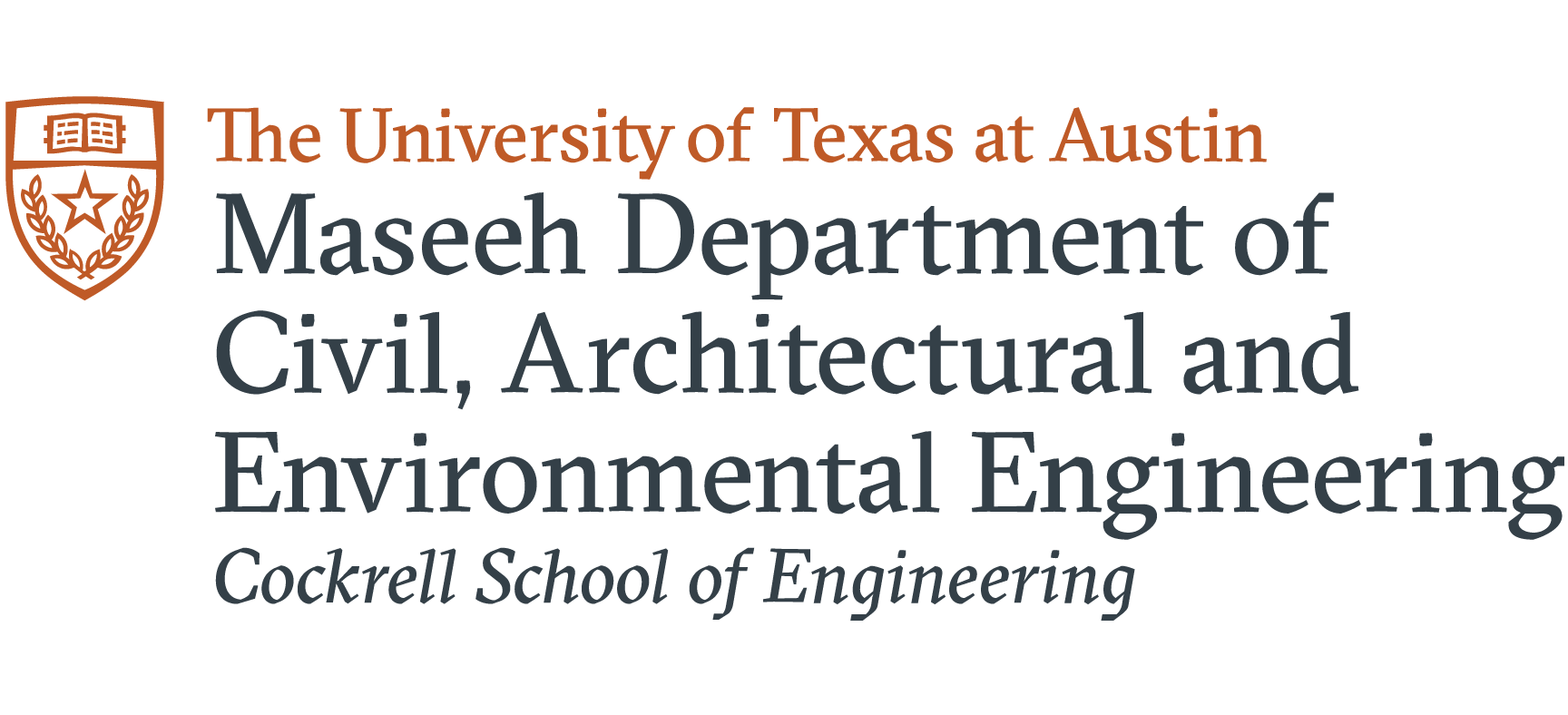Transportation Engineering Center Awarded Federal Grant
Data will improve congestion issues.
The United States Department of Transportation (USDOT) has awarded The University of Texas at Austin $1.7 million in grants to advance cutting-edge research and educational programs that address critical transportation challenges facing the nation.
Austin will be used as a test site for many of the projects, which will use “big data” and innovative wireless technologies to address traffic congestion.
“These are complex societal challenges that require researchers from multiple fields to come together to harness the full potential of advances in technology. This grant makes that collaboration possible,” said Chandra Bhat, CAEE professor and director of the university’s Center for Transportation Research.
The USDOT’s Research and Innovation Technology Administration (RITA) chose UT Austin to be a Tier 1 University Transportation Center (UTC).
The Tier 1 UTC grant, worth $1.4 million in federal money, will be used to operate the Data-Supported Transportation Operations and Planning Center (D-STOP). This center will become a national and international multimodal and multidisciplinary center that integrates innovative developments in wireless sensor networks, communications technologies and transportation modeling systems to establish sophisticated systems for data collection and analysis. These systems will provide more informed and accurate models and policies, which will better shape transportation decisions to alleviate congestion.
Another key contributor to D-STOP from the CAEE Department is assistant professor Stephen Boyles, who specializes in network modeling and dynamic traffic assignments.
The university will also receive a second $300,000 grant as a sub-grantee on the Michigan State University’s grant for Highway Pavement Preservation. A matching contribution of $750,000 from the university will bring the total to $2.4 million. CAEE associate professor Jorge Prozzi, who specializes in the field of pavement materials research, will be responsible for directing UT Austin’s contribution on this second grant.
The grants will also be used by researchers at the university’s Wireless Networking and Communications Group (WNCG), another research organization within UT Austin’s Cockrell School of Engineering.
“This is an incredibly exciting time to be involved in addressing the transportation problems we face today. There are complex challenges that require expertise from many different fields, and this grant makes that collaboration possible”, explains Bhat.
